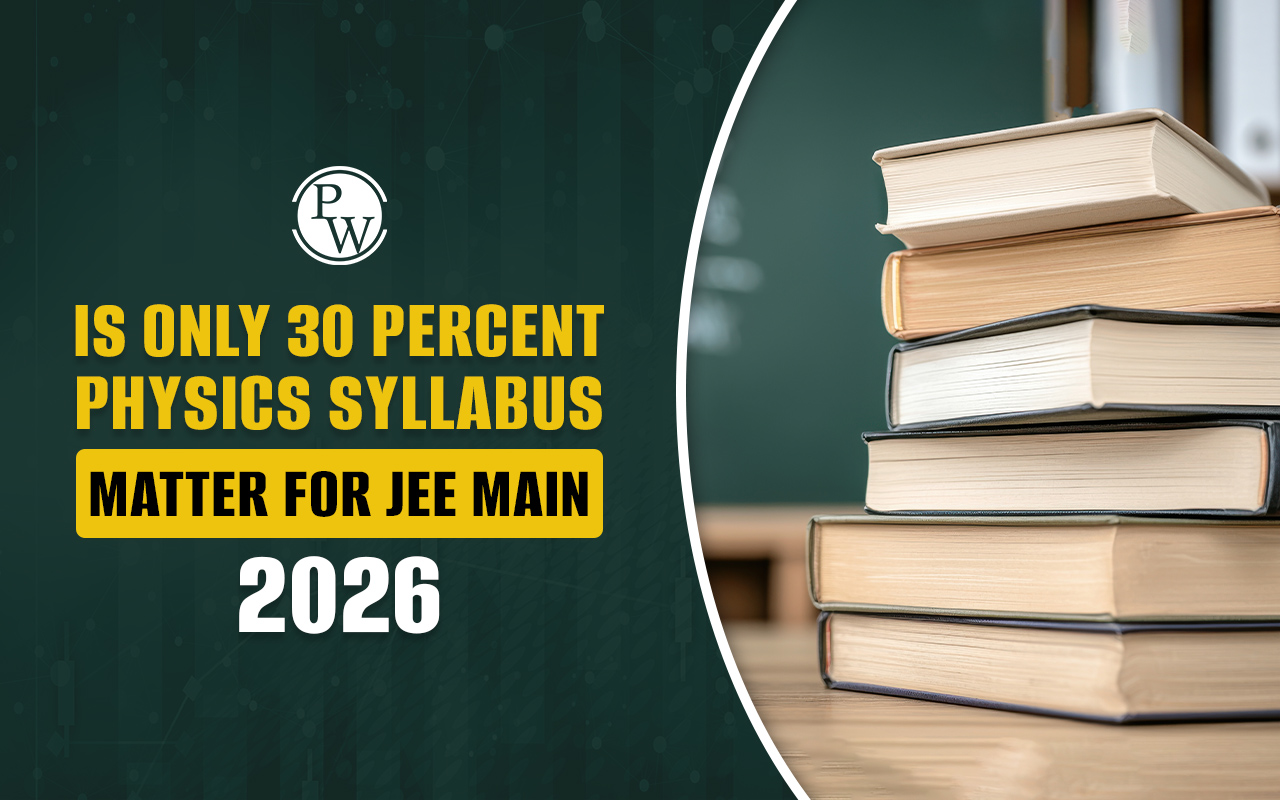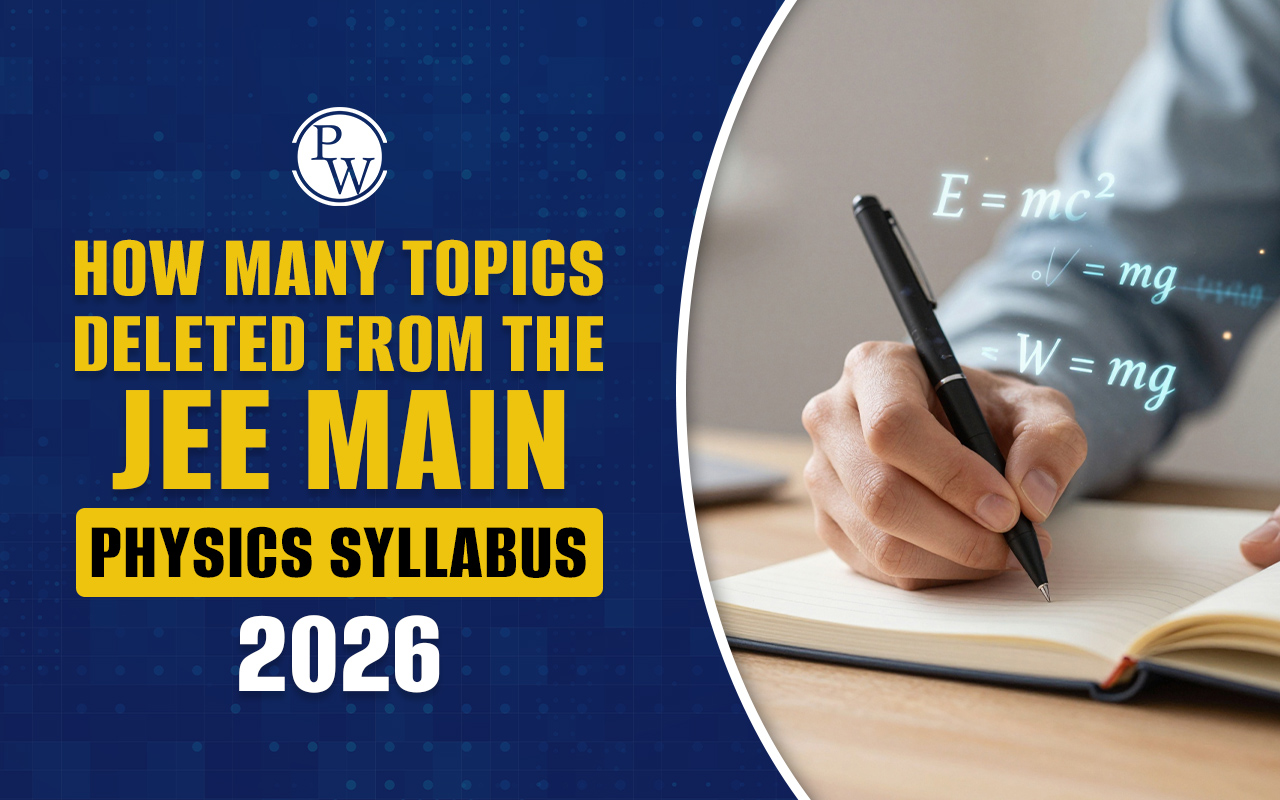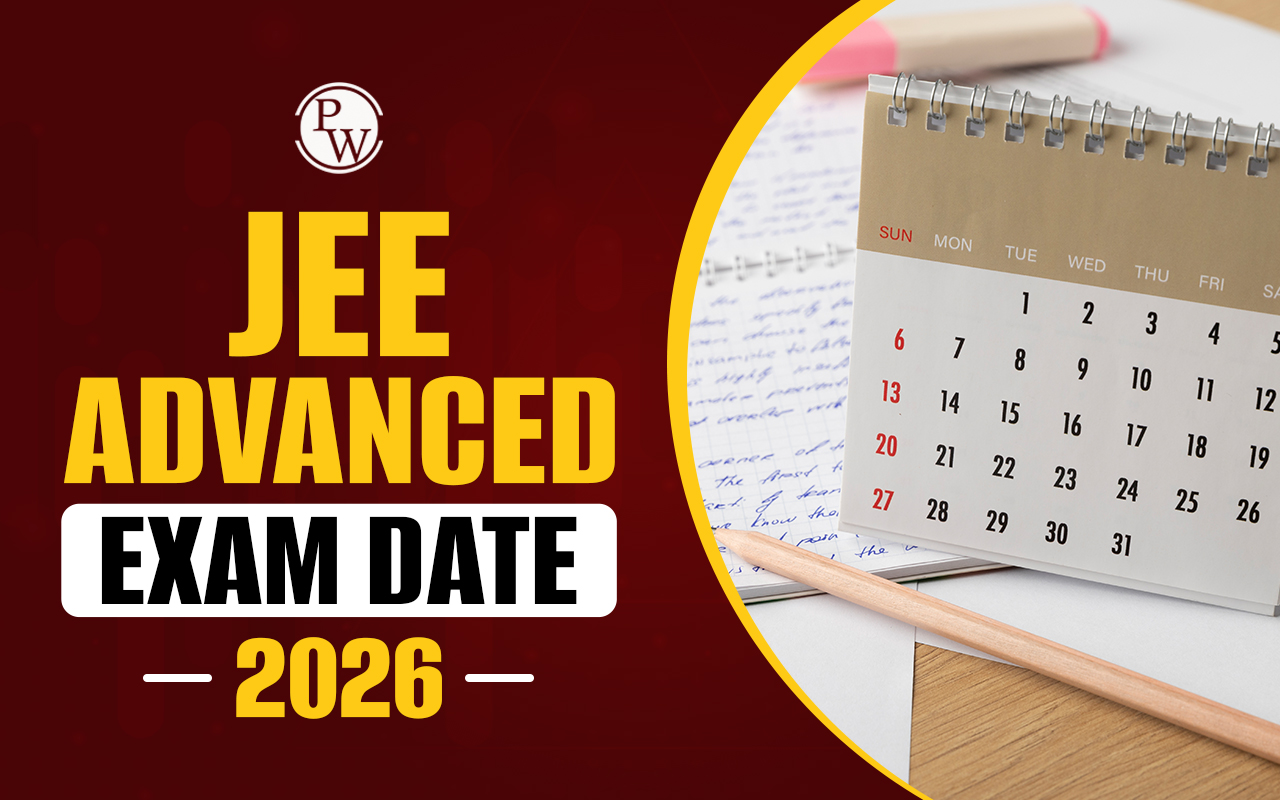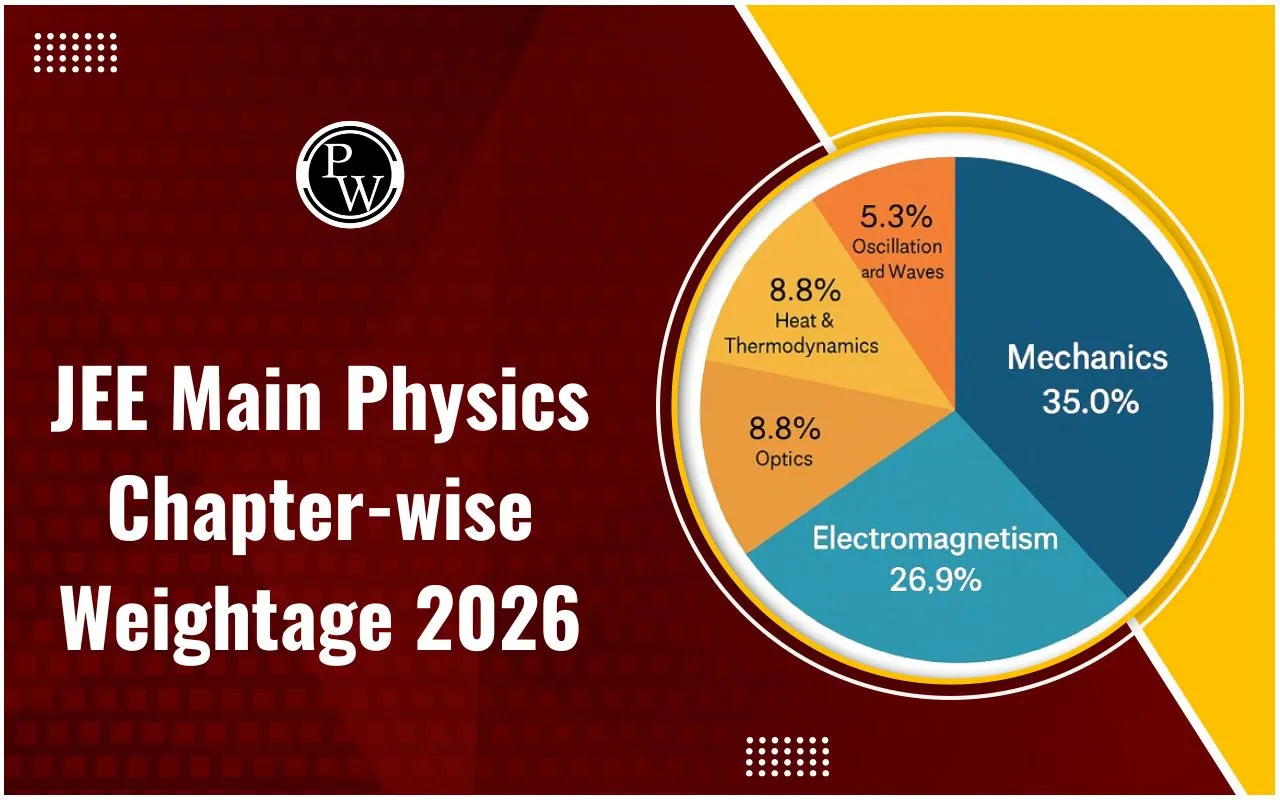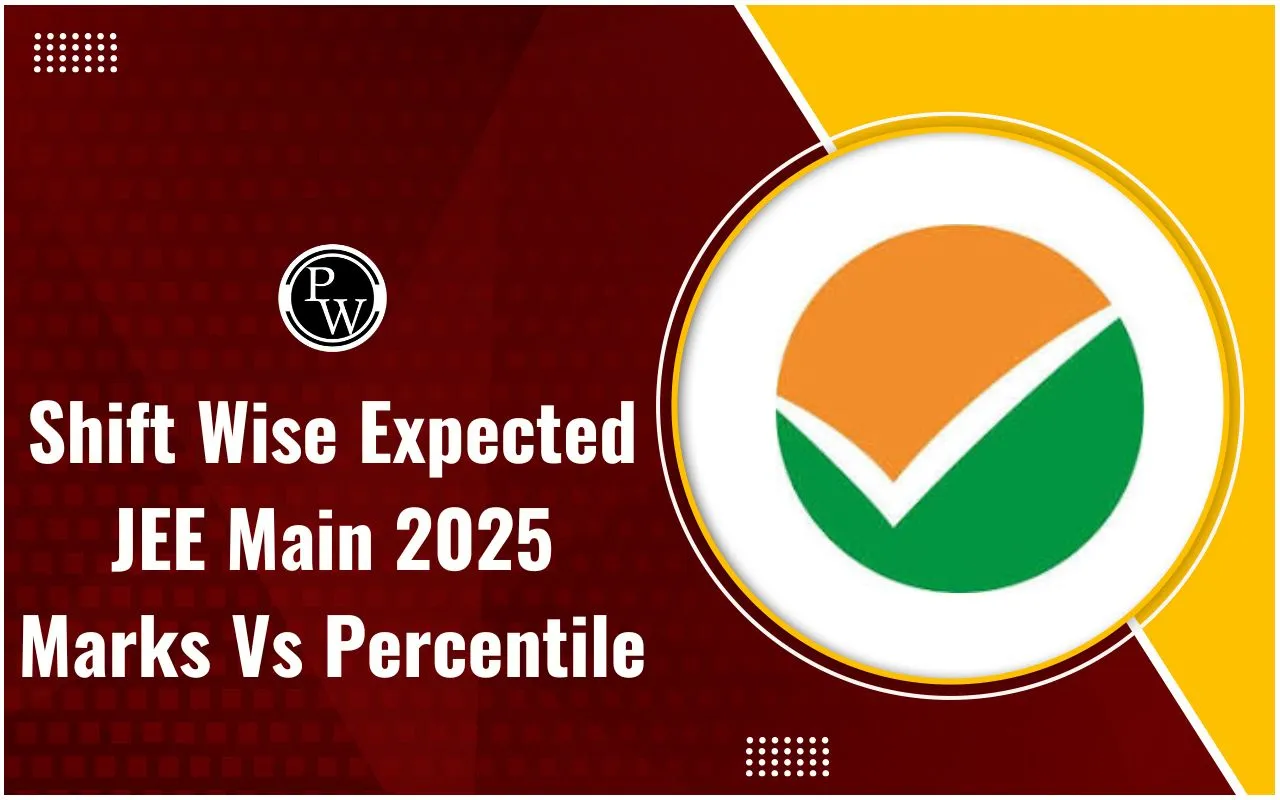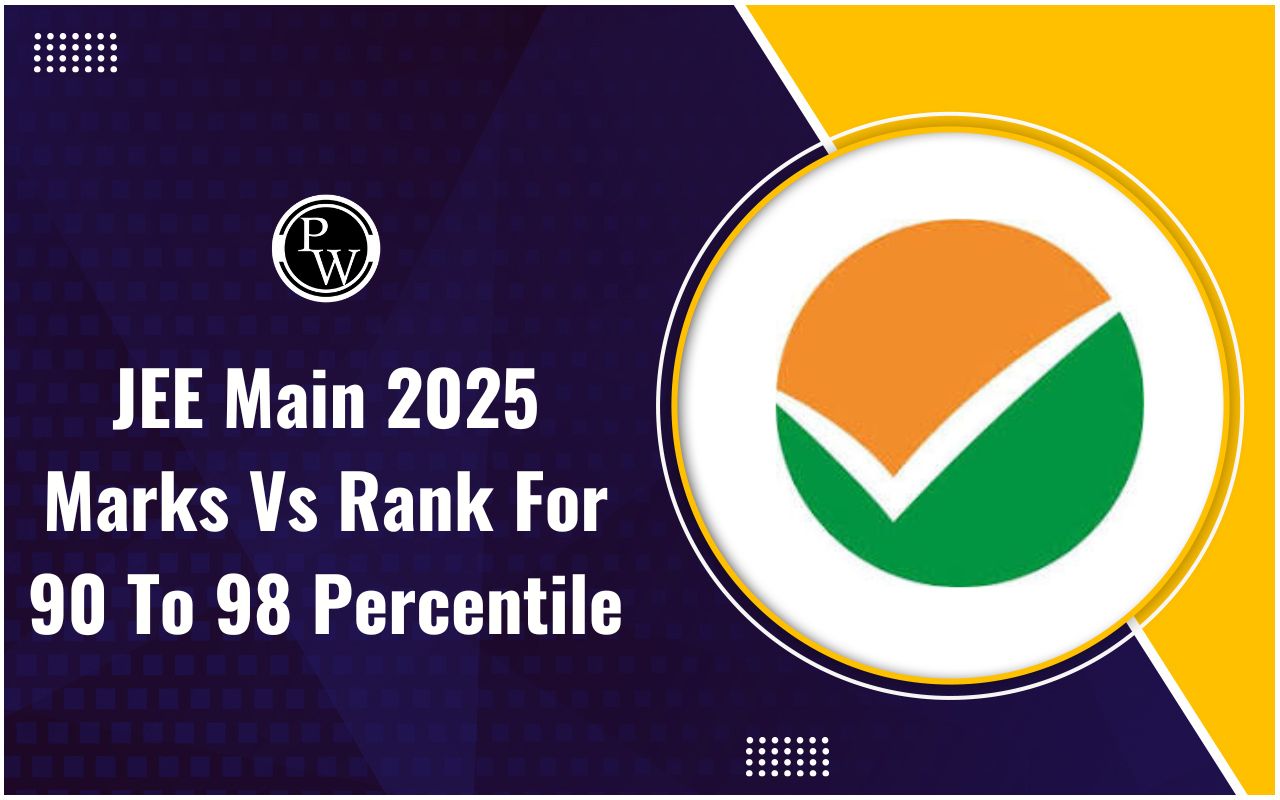
How to Score 100+ in JEE Main Physics 2026: Physics is one of those areas that scares the majority of JEE aspirants, but if you study well, it can be your top-scoring section. The subject is a combination of theory, formulas, and numerical problems, and the JEE Main test checks all three capabilities. To Score 100+ in JEE Main Physics 2026, you need to focus on establishing a strong conceptual base and then utilize it to solve the problems in a quick and efficient manner.
Most students attempt to memorize the formulas but do not actually know them, but this does not work in most cases in JEE. Physics questions demand logical reasoning and the capability to relate different concepts. Fortunately, using the correct Physics strategy in JEE 2026, and focusing on must-do chapters for Physics JEE, you can get your dream score. Check the complete strategy—ranging from JEE Main syllabus analysis to study tips, high-weightage topics in JEE, best books, and time management tips below.
How to Score 100+ in JEE Main Physics 2026?
Scoring 100+ in Physics in JEE Main 2026 requires smart and consistent study. Physics is not about memorizing formulas, but understanding concepts and applying them to solve problems. Focus on important chapters, practice lots of questions, and take mock tests to improve speed and accuracy. Read good books, regularly revise notes, and maintain a strong foundation in Physics concepts. Consistent effort and a well-planned strategy can help any student achieve 100+ in JEE Main Physics 2026.
| JEE Main Physics 2026 Overview | |
| Detail | JEE Main Physics |
| Total Questions | 25 (20 MCQs + 5 Numerical) |
| Total Marks | 100 |
| Marks per Question | 4 |
| Negative Marking | -1 for MCQs |
| Syllabus Coverage | Class 11 & Class 12 |
| Question Type | Conceptual + Numerical |
Physics Strategy for JEE 2026 to Score 100+
It is important to have a strong strategy for JEE 2026 preparation, which is well thought-out and comprehensive. Strategy for JEE Physics should include understanding the concepts, remembering the formulas, practicing problem-solving, and lastly, attempting the mock tests under exam-like conditions.
-
Complete Syllabus is to be Well Understood: The first step of the JEE Physics strategy is to know what to study. Carefully read through the JEE Main Physics syllabus, and strike the chapters according to their weightage and difficulty level.
-
Prepare Well on Concepts: Physics cannot be mastered by learning. It is a subject where conceptual clarity is of utmost importance. Ensure to learn the “why” behind every formula or law. NCERT textbooks must be referred to for the basic theory and concepts with lucid explanations.
-
Solve Numericals Daily: Since JEE Physics is a subject that requires a lot of calculations, solving numericals from easy, medium, and difficult levels is a must. Aim to solve at least 10–15 problems daily.
-
Maintain a Formula Notebook: Prepare a separate notebook which has all the formulas, derivations, and important points. Keep this notebook short and concise, so that you can quickly revise it before a test.
-
Attempt Regular Mock Tests: It is a part of your strategy to attempt at least one complete Physics mock test every week. This will allow you to track your progress, improve your speed, and also enhance your accuracy. Analyze your mistakes after each test and learn from them.
-
Work on Your Weak Topics: Never neglect or ignore a topic which you think is difficult or you are unable to understand. Go through concept videos, examples, and solve additional problems to revise them.
Important Chapters for Physics JEE to Score 100+
To score 100+ in Physics for JEE 2026, focus on these most important and high-weightage chapters:
| Important Chapters for Physics JEE to Score 100+ | |
| Chapters | Key Topics to Focus On |
| Rotational Motion | Moment of inertia, torque, angular momentum, rolling motion, rotational dynamics |
| Thermodynamics | First law, Carnot engine, isothermal & adiabatic processes, entropy |
| Electrostatics | Coulomb’s law, electric field, potential, Gauss’s law, capacitors |
| Optics | Reflection, refraction, lenses, mirrors, interference, diffraction |
| Magnetic Effects of Current & Magnetism | Biot–Savart law, Ampere’s law, force on conductors, Earth’s magnetism |
| Modern Physics | Photoelectric effect, atomic structure, nuclear reactions, semiconductors |
| Current Electricity | Ohm’s law, Kirchhoff’s laws, electrical power, resistivity |
| Laws of Motion | Newton’s laws, friction, work-energy theorem, circular motion |
| Oscillations & Waves | Simple harmonic motion, damping, resonance, wave equations |
| Additional Scoring Topics | Units & measurements, gravitation, work–energy–power, properties of matter |
Tips to Score 100+ in JEE Physics
Cracking Physics in JEE Main is about having the right books, smart study strategies, and disciplined practice. These tips will help you build a strong foundation and improve your performance in the exam.
-
Start with NCERT: Make strong basics from NCERT first then use advanced books.
-
Daily formula revision: Keep a notebook of formulas and revise it daily. This becomes even more important in the last two months.
-
Previous year’s papers: Solve JEE Main previous years’ question papers to know the JEE Main question pattern and frequently asked topics.
-
Learn full methods first: Understand the complete concept before applying shortcuts in problem-solving.
-
Don’t ignore derivations: They help you remember formulas and also improve the clarity of your concepts.
-
Practice mixed-topic questions: Develop the speed to switch between topics from different chapters during the exam.
How to Score 100+ in Physics JEE Main 2026 FAQs
Q1. Can I score 100+ marks in JEE Physics in 3 months?
Q2. What is the right Physics Strategy for JEE 2026?
Q3. Which are the important chapters for Physics JEE Main?
Q4. Which is the best books for Physics JEE Main?
How many questions do I need to solve to get 100+ marks in JEE Physics?

